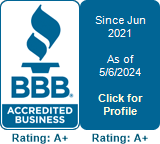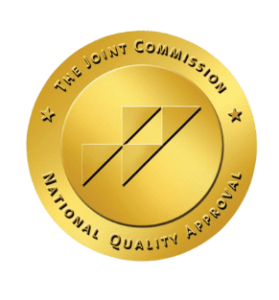
How To Recognize When You’re Enabling Addiction
If someone you care about is struggling with addiction, you might enable behaviors without even realizing it. That’s why it’s crucial to understand the consequences and common signs of enabling an addict, including:
- Giving them money
- Taking on their responsibilities
- Failing to establish or enforce boundaries
- Keeping secrets about drinking or using
What Does It Mean To Enable an Addict?
While it’s natural to want to help someone you care about struggling with addiction, you won’t necessarily know the best ways to help.The things you do to help an addict can actually fuel the cycle of addiction in the long run. And that’s ultimately what happens when you enable an addict. In the moment, it might seem like you’re helping them, but enabling prevents them from experiencing the full weight of their actions and confronting the consequences of their behavior.
Why is that an issue? When you talk to recovering addicts, many of them recount the experience of having to hit “rock bottom” before they were able to recognize that they had a problem. Guidance from loved ones, learning from the mistakes of others, and staging an intervention can all be beneficial, but it often isn’t until an addict gets close to or reaches a breaking point that they’re able to acknowledge the need for help.
Is Codependency the Same as Enabling?
It’s important to note that codependency and enabling are closely linked, but they aren’t the same. Codependency describes the relationship between an addict and someone who cares about them while enabling describes the behaviors of a loved one who’s trying to help or protect an addict. You can’t have a codependent relationship without some degree of enabling, but enabling can exist independent of codependency.
The Intentions Behind Enabling
It’s important to recognize that people who engage in enabling behaviors often do so with the best intentions in mind. That’s why family members and close friends tend to be the ones most susceptible to enabling, and when you don’t recognize the root problem of addiction, you can literally love an addict to death.
If you’re preparing to talk to someone about their addiction, it can be helpful to have an understanding of the psychology behind drug addiction.
Signs That You’re Enabling an Addict
You might have the best intentions at heart and genuinely want to help an addict, but if you’re engaging in any of the behaviors below, it could be a sign that you’re ultimately enabling addiction.
Giving Them Money
If a loved one asks for help paying bills or a debt, giving them money can seem like a simple way to help them out of a tough spot. However, continuing to give an addict money becomes a form of enabling by protecting them from the financial repercussions of their addiction.
You should not have to adopt the financial responsibilities of your loved one if they’re spending all their money on drugs or alcohol, especially if your money is being used to fund their addiction.
Taking on Their Responsibilities
If you’re taking care of pets, children, chores, or other obligations while your loved one is feeding into their addiction, you’re engaging in enabling behavior. While you’re trying to prevent their lives from falling apart, you have to acknowledge that one of the first steps to recovery is taking responsibility for their life. Realizing that they’re falling short is often necessary to realize they need to be better.
Failing to Establish or Follow Through on Boundaries
When someone is addicted to drugs or alcohol, they have little to no regard for boundaries. Most addicts are willing to do or say whatever it takes to use or drink again, so when you try to establish healthy boundaries in your relationship with them, don’t be surprised when they overstep or ignore them.
However, establishing and enforcing boundaries is one of the best ways to help an addict. It’s crucial for helping them recognize that their actions have consequences, even with the people who care the most about them, and when you don’t follow through, you’re ultimately reinforcing their perception that boundaries and consequences don’t matter.
Keeping Secrets or Making Excuses About the Problem
Have you found yourself keeping a loved one’s drinking or substance use a secret, or making excuses about why they’re slurring their speech, nodding off, or missing an important event? If so, you’re enabling their addiction, and sooner or later, the truth will come to light. The longer you put that off, the longer it will take for your loved one to realize the impact of their behavior and their need for help.
Ignoring the Issue or Refusing To Talk About It
You might think that by ignoring the issue of addiction, it will resolve or get better with time. Here’s the problem: it doesn’t. When you ignore an addiction’s issues or refuse to talk about it, you’re enabling the addiction because that’s exactly what an addict wants. If you don’t talk about it, then they don’t have to either.
Are You Enabling an Addict?
If you’ve realized you might be enabling the behavior of an addict in your life, remember that you’re likely doing so because you want to help but aren’t sure how. Take a look at our addiction recovery resources to get a better understanding of how to help an addict.
The best things you can do for an addict are often the hardest because they go against our loving and nurturing instincts. In the long run, however, choosing to stop enabling is often crucial to helping your loved one take the next steps in recovery by accepting responsibility for their actions and acknowledging that they need help. If you or someone you care about could use some help with addiction, reach out to ALYST Health to learn more.







